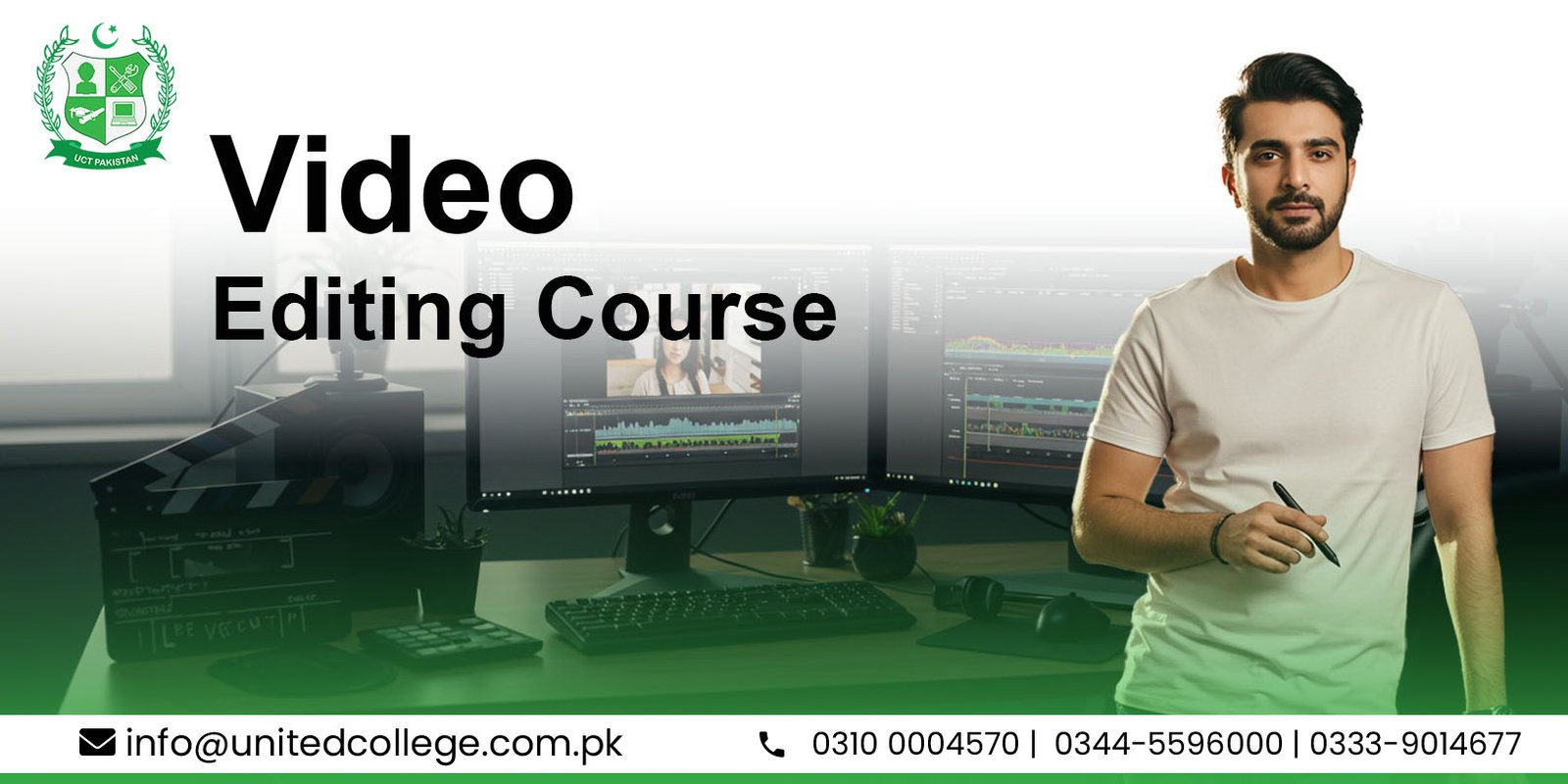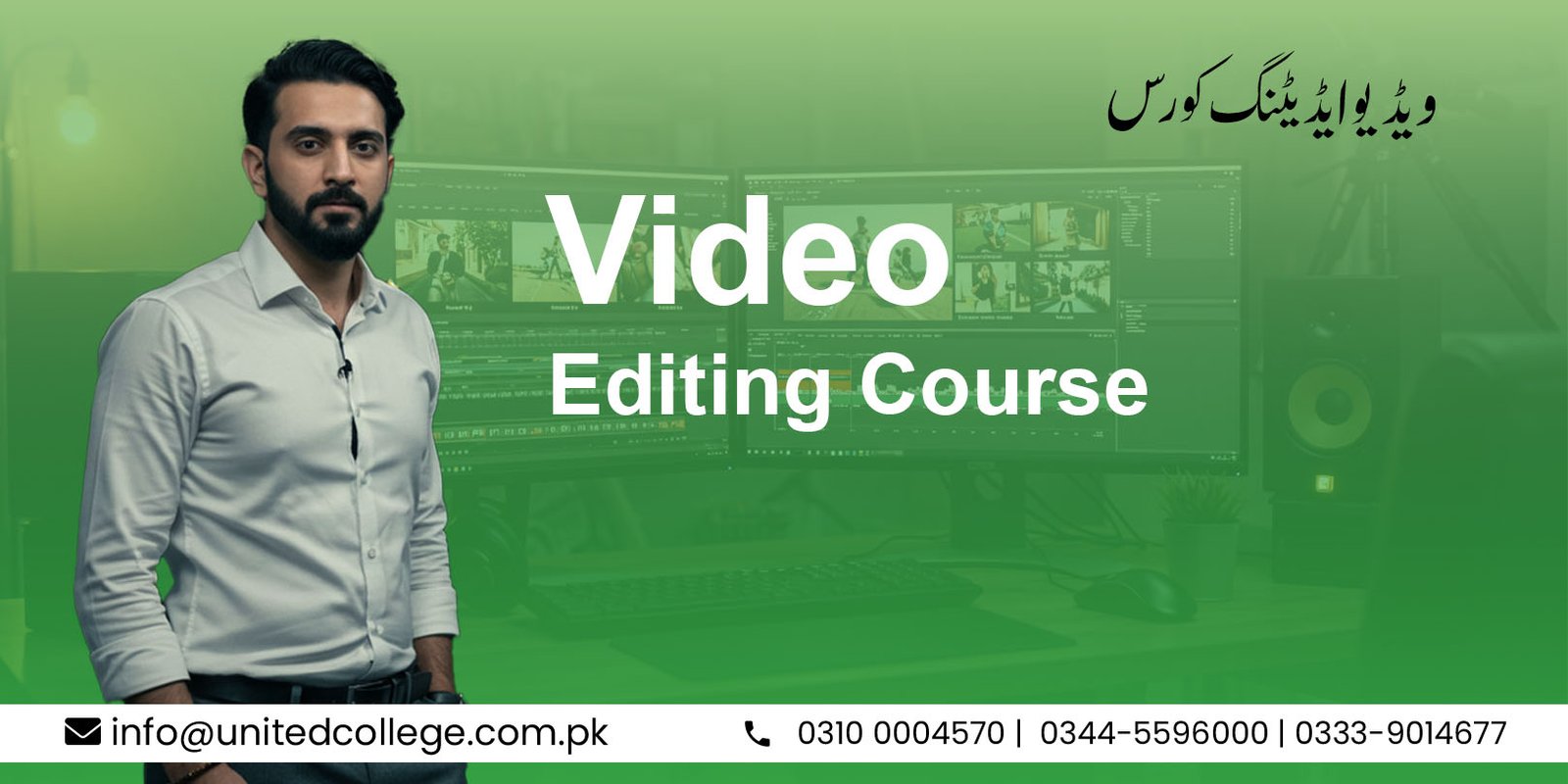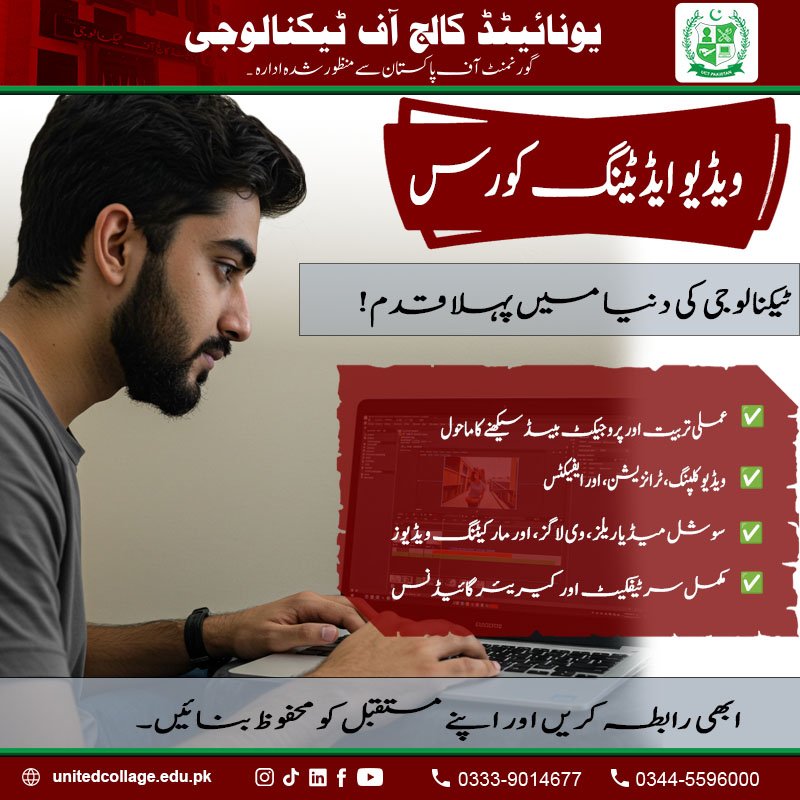

In today’s digital age, high-quality video content drives social media, marketing, entertainment, and education. That’s why the Video Editing Course in Rawalpindi offered by United College of Technology (UCT) is built to help students and creative minds turn raw footage into professional, eye-catching videos. This isn’t just about learning software – it’s about telling stories that grab attention and keep viewers hooked.
Rawalpindi is quickly becoming a growing hub for digital media and creative industries. From production houses and advertising agencies to YouTube creators and freelancers, skilled video editors are in demand more than ever. Choosing the Video Editing Course in Rawalpindi at UCT means investing in a skill that is useful today and critical for tomorrow.
At UCT, the focus isn’t on boring theory but on real-world, practical skills. You’ll explore everything from the basics to advanced techniques, including:
The Video Editing Course in Rawalpindi at UCT is open to everyone, whether you’ve never edited a single clip or you’re already experimenting with software at home. It’s ideal for:
The course typically runs over 2–3 months. It blends short lectures with hands-on practice so you learn by doing, not just by listening. After successful completion, you’ll receive a recognized certificate from United College of Technology – a credential that opens doors in creative jobs and freelance work alike.
Completing the Video Editing Course in Rawalpindi gives you practical, job-ready skills. Many students go on to work in:
Editing is about much more than cutting clips together. At UCT, you’ll also learn:
UCT understands the needs of students and working professionals. That’s why the Video Editing Course in Rawalpindi offers flexible schedules: morning, evening, and weekend classes. You can learn at your own pace, without disrupting work or studies.
What sets UCT apart isn’t just the software training – it’s the approach. With experienced trainers from the media industry, real-world projects, and a supportive learning environment, students gain confidence as well as technical skills. Instead of memorizing steps, you’ll learn how to think creatively like a professional editor.
At UCT, instructors bring real industry experience to the classroom. They’ve worked on commercial projects, television content, and social media campaigns, giving you practical insights into what works (and what doesn’t) outside of theory.
Getting started is simple. Visit the UCT campus in Rawalpindi, speak with the admissions team, or call to get course details. Once enrolled, you’ll join a creative community where ideas are shared, skills are practiced daily, and everyone supports each other’s growth.
In a digital-first world, video editing isn’t just a technical skill – it’s your voice in visual form. The Video Editing Course in Rawalpindi at United College of Technology equips you to create videos that look professional and tell powerful stories. Whether you dream of launching your own YouTube channel, working in television, or freelancing for global clients, this course gives you the confidence and expertise to turn your vision into reality.


.jpg)
.jpg)
.jpg)
Yes! This course is designed to give you practical, job-ready skills. Many students start taking freelance projects for social media ads, YouTube channels, and short promotional videos soon after finishing.
Absolutely. The course covers editing styles and techniques for short-form platforms, helping you create engaging, viral-friendly videos for modern audiences.
You’ll learn both. UCT’s course teaches not just how to use Adobe Premiere Pro and After Effects but also how to tell stories visually, pace edits, and use effects creatively without overdoing them.
UCT’s certificate reflects hands-on, project-based learning taught by experienced editors from the industry — making it more practical and recognized by local production houses and media companies.
Yes! In fact, students are encouraged to bring personal projects. This way, you get direct feedback and can build a real portfolio that shows your skills to future employers or clients.













